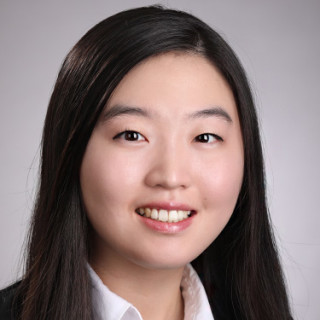 There's a cognitive bias called the Dunning-Kruger Effect, in which people with low level of knowledge on a topic believe themselves to be more informed than they actually are. This idea is encapsulated in a quote from Shakespeare’s “As You Like It,” "The fool doth think he is wise, but the wise man knows himself to be a fool.”
There's a cognitive bias called the Dunning-Kruger Effect, in which people with low level of knowledge on a topic believe themselves to be more informed than they actually are. This idea is encapsulated in a quote from Shakespeare’s “As You Like It,” "The fool doth think he is wise, but the wise man knows himself to be a fool.”
After gaining just a little bit of knowledge and capacity, your confidence level shoots up until you reach the point where the knowledge to confidence ratio is at its lowest. This point was dubbed by popular webcomic Saturday Morning Breakfast Cereal as “Mount Stupid.” As you gain more knowledge after reaching the peak of misinformed self-assurance, your confidence paradoxically starts plummeting towards the “valley of despair.” This is the point at which you know enough to know what you don’t know. Fortunately, from this nadir, you learn and gain confidence in your abilities at a steady pace, climbing up the “slope of enlightenment” to reach the “plateau of sustainability,” arriving at a stable level of confidence and comfort in your ability.
I usually love roller coasters, but I didn’t enjoy Dunning-Kruger’s. In my second year of medical school, upperclassmen told me that after studying for the Step I, I would feel the smartest that I would ever feel. However, they had left out a crucial detail; the feeling of being very smart was based on the stark juxtaposition of feeling very, very dumb after starting clerkship. After studying for the Step I for months, I was bursting with high-yield facts. I could rattle off the pathways biochemical, microbiological, and pathological; I was the very model of a modern student medical.
I had just successfully summited the peak of Mt. Stupid, which I only realized as I felt my confidence hurtling down to earth during the few months of clerkships. No amount of studying First Aid or Pathoma could have prepared me fully for the challenges of the wards. I struggled to recall medical facts as I talked with my patients. I knew the names and functions of all the major drugs, but I had no idea which doses or formulation were appropriate. I didn’t know how to perform most basic medical procedures. Soon, I found myself firmly entrenched in the valley of despair.
But once I recognized how little I knew and how much work I had left in becoming a competent physician, I could start making progress. With practice, my history-taking became more fluid and focused, my physical exam was more precise, and my patients felt more at ease. I knew that I was improving, and although the beginning of each new clerkship always took my confidence down a peg, I knew that I would get better, time and time again.
So, here I am, slowly making my way up the slope of understanding. I know that becoming a resident and later an independent attending will throw me down other iterations of the valley of despair; I see it in the wide, frightened eyes of my interns and in the caution of the newly-minted attendings. But watching them gain confidence in their skills over time is proof that I, too, will be able to practice with happy competence. Ahead of me, I see interns, residents, fellows, and attendings continually pushing themselves to improve themselves.
Hitting rock bottom of confidence is a rite of passage that every medical student must face. Fortunately, for me, I can only go up from here.
Image by leremy / gettyimages
Yoo Jung Kim is a medical student at Stanford University and author of What Every Science Student Should Know (University of Chicago Press). Her articles have appeared in the Washington Post, The Mercury News, The Seattle Times, and KevinMD. She is a 2018-2019 Doximity Author.






